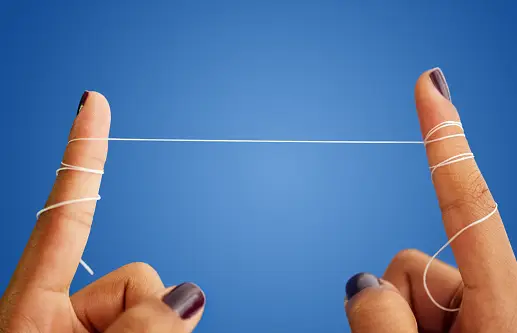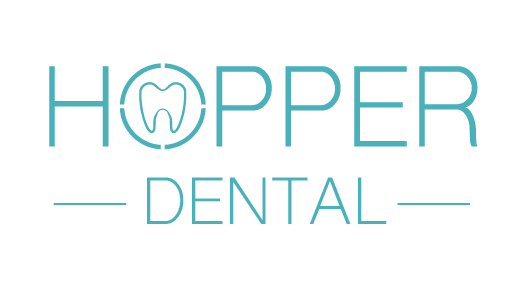
14 May Is it better to floss at night or in the morning?
The Importance Of The Basics

Questions about flossing and other dental practices will always be asked, and we want to make sure you know what you need to know about flossing. Basic dental hygiene is crucial for maintaining oral health and preventing dental issues. It involves simple daily habits like brushing and flossing that can significantly impact overall well-being. Here are some key reasons why regular basic dental hygiene is important:
Prevention of Tooth Decay
Brushing twice a day with fluoride toothpaste helps remove food particles and plaque, preventing the formation of cavities. Flossing removes plaque from between teeth, where a toothbrush can’t reach, further reducing the risk of decay.
Gum Disease Prevention
Plaque buildup can lead to gum disease, which can cause gum inflammation, bleeding, and eventually, tooth loss. Regular brushing and flossing help remove plaque and prevent gum disease.
Fresh Breath
Poor oral hygiene can lead to bad breath (halitosis). Brushing and flossing regularly help remove bacteria that cause bad breath, keeping your mouth feeling fresh.
Prevention of Tartar Buildup
Tartar (or calculus) is hardened plaque that can only be removed by a dentist or dental hygienist. Regular brushing and flossing help prevent tartar buildup, which can lead to gum disease and other dental problems.
Overall Health Benefits
Poor oral health has been linked to various health issues, including heart disease, stroke, and diabetes. By maintaining good oral hygiene, you can reduce the risk of these systemic diseases.
Cost Savings
Preventive dental care, such as regular cleanings and check-ups, is often less expensive than treating dental problems that arise due to poor oral hygiene. Regular basic dental hygiene can help you avoid costly dental procedures in the future.
Regular basic dental hygiene is essential for preventing dental issues, maintaining overall health, and saving money on dental care. By brushing and flossing regularly and visiting your dentist for routine check-ups, you can keep your smile healthy and beautiful for years to come.
Does Flossing Make A Difference?

Flossing is an essential part of oral hygiene that can make a significant difference in your dental health. It helps remove food particles and plaque from between teeth and along the gumline, areas that a toothbrush cannot reach effectively. Here’s why flossing is important and whether it’s better to floss at night or in the morning:
Importance of Flossing
Flossing plays a crucial role in preventing gum disease, cavities, and bad breath. When you don’t floss, plaque can build up between your teeth, leading to tartar formation and eventually gum inflammation. Over time, this can progress to gum disease, which can cause tooth loss if left untreated. Flossing also helps remove food particles stuck between teeth, reducing the risk of decay and bad breath.
When to Floss
The best time to floss is whenever you can do it consistently. Some people prefer to floss in the morning to remove plaque and debris that have accumulated overnight. Others prefer to floss at night to clean their teeth before bedtime. Both approaches are effective, but it’s more important to floss thoroughly and regularly than to do it at a specific time of day.
Flossing at Night
Flossing at night has some advantages. It removes food particles and plaque that have accumulated throughout the day, reducing the risk of plaque hardening into tartar overnight. It also helps remove bacteria that can cause bad breath, giving you a fresher mouth before bed.
Flossing in the Morning
Flossing in the morning can help remove plaque and bacteria that have built up overnight, giving you a clean start to the day. It can also help remove any food particles that were missed during brushing the night before.
Consistency is Key
The most important factor in flossing is consistency. Whether you choose to floss in the morning or at night, the key is to do it regularly. Flossing at least once a day, along with regular brushing and dental check-ups, is essential for maintaining good oral health and preventing dental problems.
Let’s Get Flossing
Flossing is a simple yet effective way to improve oral hygiene and prevent dental problems. Whether you choose to floss in the morning or at night, the key is consistently doing it. Flossing helps prevent gum disease, cavities, and bad breath by removing food particles and plaque from between teeth. It’s an essential part of a complete oral care routine, including brushing, flossing, and regular dental check-ups. By making flossing a daily habit, you can help keep your teeth and gums healthy, ensuring a bright and healthy smile for years to come. So, what are you waiting for? Let’s get flossing.


Sorry, the comment form is closed at this time.